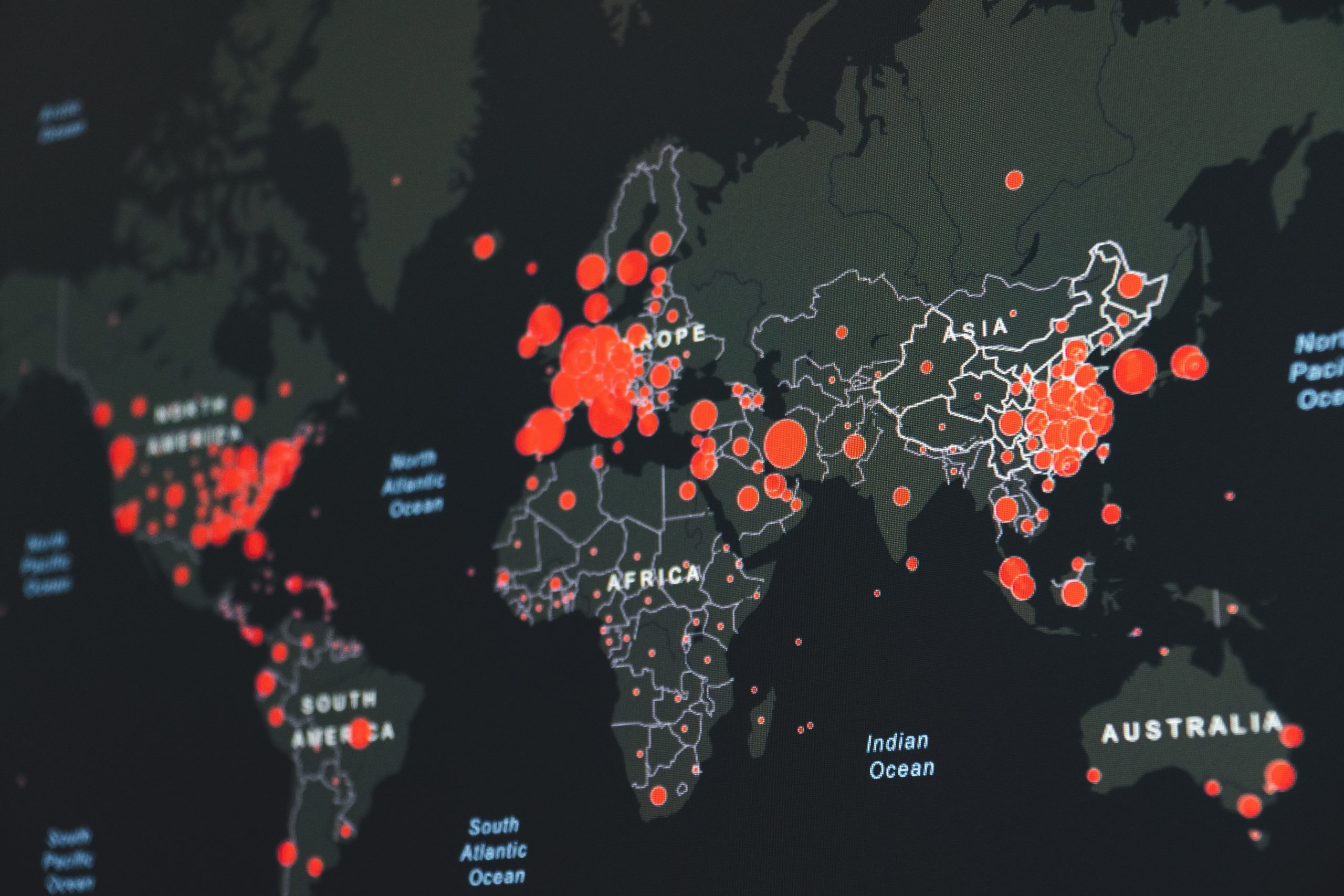In the midst of the unabated spread of the Omicron variant of the SARS-CoV2 virus, World Health Organization (WHO) Chief Scientist Dr Soumya Swaminathan stated on Monday that conversations are taking place on a worldwide level to see if a world treaty is required to successfully combat future pandemics.
The International Health Assembly (WHA) held a Special Session just a few weeks ago to write and negotiate a WHO conference, settlement, or world instrument on pandemic prevention, preparedness, and response.
Also Read | Russia’s Sputnik V vaccine not approved by WHO due to lack of data: Kremlin
The WHO Chief Scientist, speaking at the Panex-21 seminar’s opening ceremony, mentioned, “Some of the discussions that are now happening at the global level are about whether we should have a global pandemic treaty that binds all countries into certain types of behaviour just like we have rules around atomic use of nuclear energy.”
“The use of biological weapons is not permitted and there are global conventions and agreements in the area of health,” she added.
Dr Swaminathan cited the WHO Framework Convention on Tobacco Control as an example of a convention that took several years to negotiate but ultimately created tobacco management guidelines, resulting in a significant reduction in tobacco consumption.
Also Read | WHO advises against plasma therapy as COVID treatment
“That is a good example of an international treaty that will be possible for dealing with the future pandemic,” WHO Chief Scientist added.
The World Health Organization (WHO) agreed earlier this month to kick off a worldwide procedure to design and negotiate a conference, an agreement under the WHO’s Constitution, to strengthen pandemic prevention, preparedness, and response.
This decision was made in order to protect the globe from future outbreaks of serious illnesses.
Dr. Tedros Adhanom Ghebreyesus, WHO Director-General, stated that the World Health Assembly’s decision was historic in nature, significant in its goal, and a once-in-a-generation opportunity to enhance the global well being system to safeguard and promote the well-being of all people.
In the midst of the COVID-19 pandemic, the Indian Army organised Panex-21, a multi-nation disaster management train with a special focus on reduction. BIMSTEC international venues Bangladesh, Bhutan, Nepal, Sri Lanka, Myanmar, Thailand, and India are among those taking part in the event.







